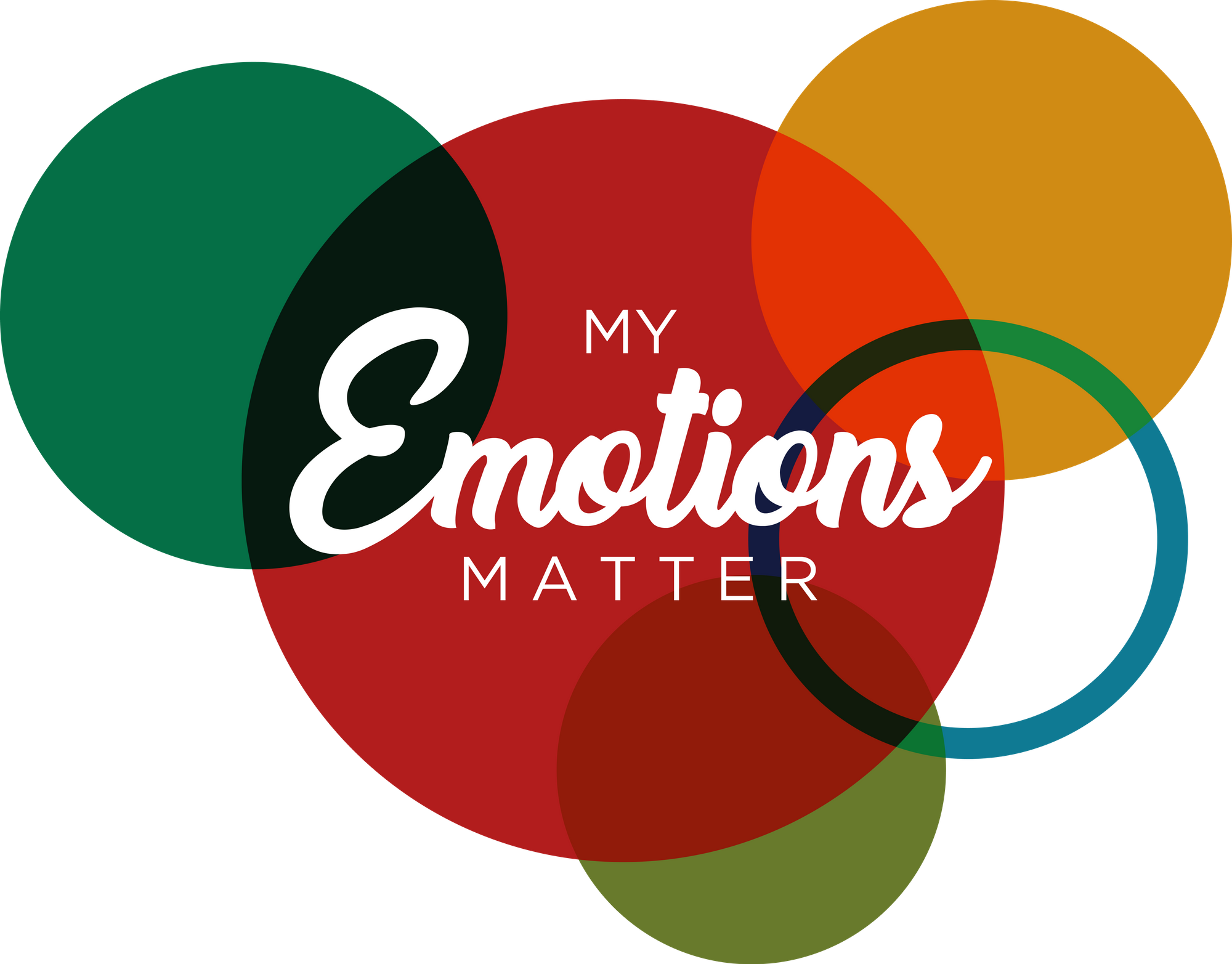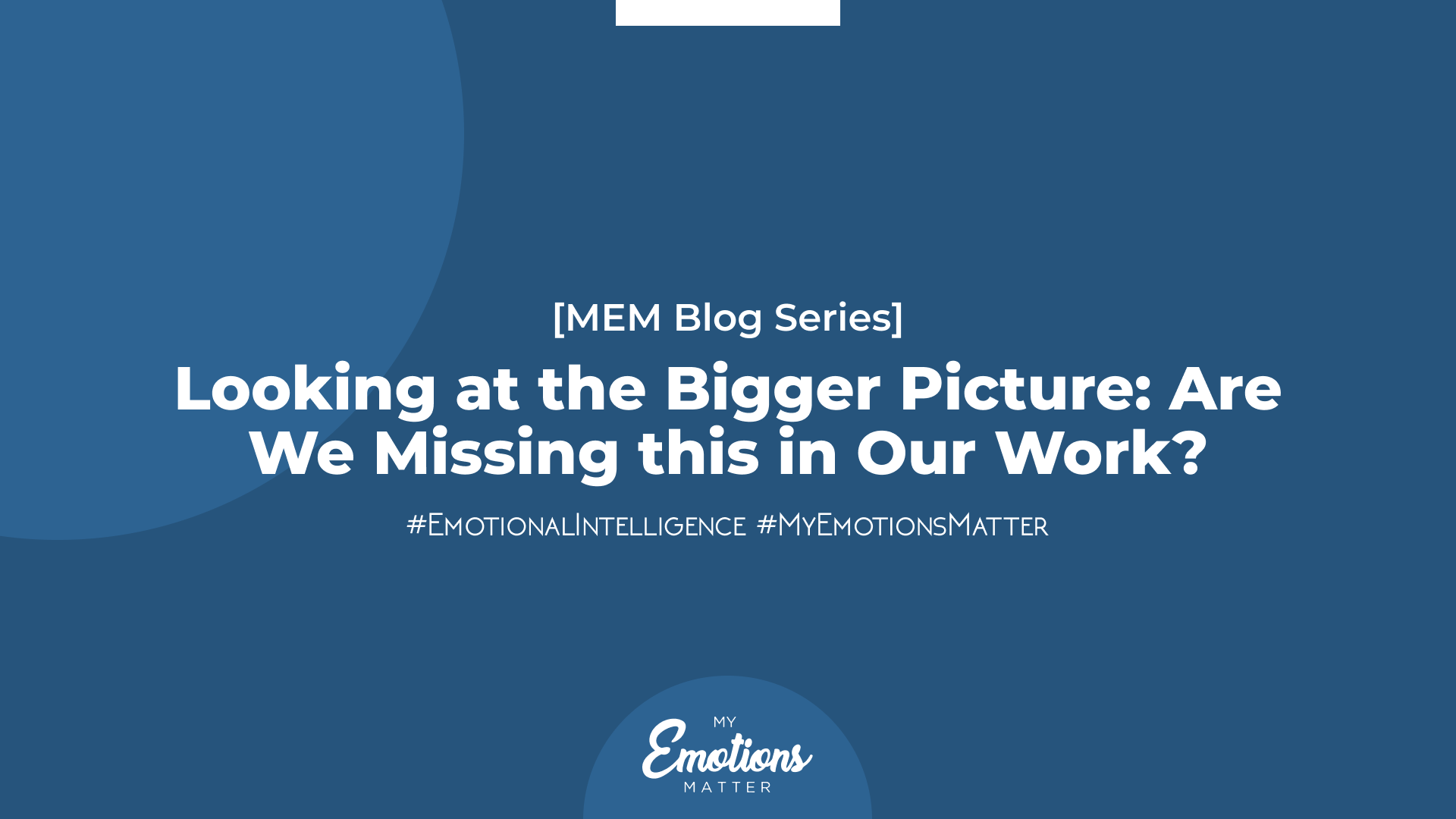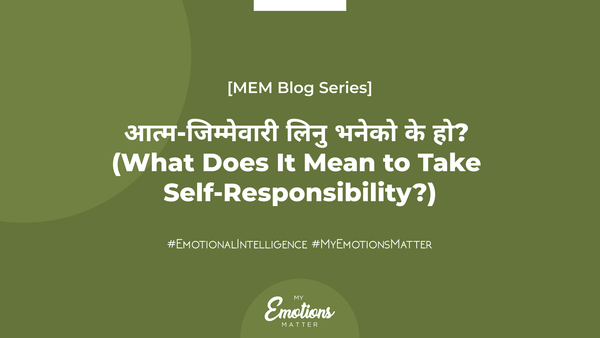Looking at the Bigger Picture: Are We Missing this in Our Work?
‘I hate my work.’ ‘The top management doesn’t get us at all.’ ‘My boss doesn’t understand how challenging my role is.’ ‘Only if I had more resources, I would be the best at what I do.’ ‘It’s easy for the top management to direct our to-do’s; we’re the ones who have to execute.’
I often hear these expressions, which some of you might resonate with. For someone who considers work a meaningful outlet, I’m always thrown into a pool of thoughts when I hear such concerns, often bewildered. People say such things because of dissatisfactions, frustrations, unmet needs, and misalignment, which might be hard to sail past after a point. For those trying to find what gives them meaning and purpose professionally, it can be even harder to navigate such instances calmly and practically.
Let’s pause here and think- are such expressions an outcome of a self-focused mindset toward the work, the culture, and the people at work? There is nothing wrong with thinking for oneself. But, with a self-focused mindset, we see other people not as people but as objects – as obstacles to overcome, as vehicles to further our goals and needs, or as irrelevancies to ignore (The Arbinger Institute, 2010). We are concerned about how things do or do not align with our objectives and needs. We seldom care about the one thing we should be worried about the most – the results or outcome.
Self-Focused Mindset Toward Our Work
One of my friends abroad has been working in field human resource management. Quite naturally, the nature of her job is challenging. Although my friend is passionate about what she does, there was a time when she could not help but complain about the culture and people at her work. I knew her to be an individual upfront about her feelings and thoughts, but she just caved into office politics. She gossiped about the upper management and the board with her colleagues constantly. The situation was conducive to escalated conflicts and a persistently negative workplace culture. My friend, in due time realized that she was operating from a self-focused mindset toward her work and the management team.
A conversation is what helped my friend reflect. During a one-on-one conversation with a relatively new join, instead of asking him what was going well or what was challenging for him in the workplace, she started advising him on how to survive their negative work culture. She told him that the top management did not care how the people were doing below them and how everyone looked out for themselves. What happened next was what changed my friend for the better. After hearing her criticize and complain for almost half an hour, the new join asked, “Do you care how the people in your organization do? Why are you not doing anything about this?” To this day, my friend recalls being enraged after hearing that question. She immediately defended herself and admitted to caring the most about the people at work. It took her a month to realize that her actions expressed the opposite of what she told the new join.
Consequences for Organizations Because of Self-Focused Mindset
From the discussion so far, you must have realized what happens when an individual or groups of individuals become self-focused. With such a mindset, we do not see what others need. We only care about what we need. Interestingly, the people around us—our colleagues, subordinates, and the upper management can see this. We may not communicate our mindset outright, but people can sense it. It is because the mindset we have drives our behavior. It is conrguent with what Maya Angelou said, “I’ve learned that people will forget what you said, people will forget what you did, but people will never forget how you made them feel.” Our behavior may be good on the outside, but if our mindset is self-focused, people can sense it because we eventually communicate blame, judgment, and criticism to them.
With a self-focused mindset, other people don’t matter. What matters is our own needs, goals, and objectives. We become victims of our own thoughts and feelings. We blame others for our frustrations or failures. We become unhelpful to others even when we can help them. It promotes vengeance and contempt rather than empathic cooperation. ‘If they don’t help me, why should I?’ ‘If they don’t care about me, why should I?’ What is worse, when we operate with a self-focused mindset, we look for reasons to justify our behavior. We do this by inflating our virtues and people’s faults (or deflating their virtues). A self-focused mindset is like a box inside which we cannot see things clearly. When people in an organization become highly self-focused, team cohesion suffers, and the concept of a team ceases to exist. Departments try to protect their resources—at the expense of organizational interests. Employees blame each other for their inability to solve problems. All this finally leads to what no organization desires – poor results.
Incongruence Between Employees and Leaders: Impact-focused Mindset is a Way Out
When people in an organization work together, there are likely to be disagreements, arguments, or even misalignment of goals. It is normal because different individuals have different notions, belief systems, values, and goals, so everyone may not always be on the same page. But, by focusing on such differences and alienating oneself, we give reasons to other people not to listen or cooperate with us. To embrace such differences and encourage cooperation, we need an impact-focused mindset – also what we call an emotionally intelligent mindset.
The employees should try to see that the upper management team consists of ‘people’ too. They have their strengths and weaknesses. As much as management might try to empathize with each employee’s needs – it’s hard to please everyone. If we think about it, people often see leaders are uncaring. But, they, in fact, have so much more to care and worry about than we think. They are ‘people’ trying to drive everyone toward the bigger picture – the collective results of the organization. And, while they’re at it, they have their own challenges to overcome, mistakes to rectify, and accusations to bear. Therefore, employees might need to consider the implications of a self-focused and how it impacts the managerial team.
An organization will be doomed if all these factors also drive the leaders to become self-focused. Hence, leaders must understand the cost of a self-focused mindset that an organization and its people eventually have to pay if it persists. They must be able to assess how self-focused they are or their organization is, before they can become impact-focused themselves and drive employees to operate with such a mindset too. Leaders can perhaps periodically remind themselves that they need to mobilize themselves and their team around collective goals. An organization can, in no way, achieve that if everyone aboard has a self-focused mindset.
Eventually, irrespective of whether we’re employees or leaders, we should understand that an Impact-focused Mindset is for our own benefit and growth. Rather than waiting for others to change, we need to reframe our mindset. Every person in an organization contributes to making it the way it is. So, it is crucial to consider whether we’re contributing to making things worse or better in an organization. If we wait for the others to initiate this awareness and change their mindset, there are chances that the change may never take place. Just like the box of a self-focused minset invites others to be in the box, when we operate from an impact-focused mindset, others get influenced to come on board too. It is on us to decide what we want to invite!
References
The Arbinger Institute. (2010). Leadership and self-deception: Getting out of the box (2nd ed.). Berrett-Koehler Publishers.




